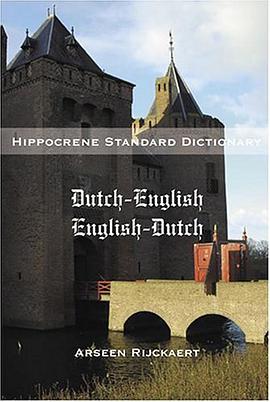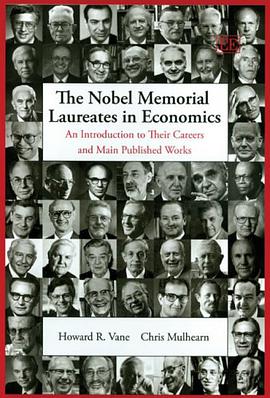

具体描述
In "High Contrast", Sharon Willis examines the dynamic relationships between racial and sexual difference in Hollywood film, from the 1980s and 1990s. Seizing on the way, these differences are accentuated, sensationalised, and eroticised on screen - most often with little apparent regard for the political context in which they operate - Willis restores that context through close readings of a range of movies from cinematic blockbusters to the work of the new auteurs, Spike Lee, David Lynch, and Quentin Tarantino. Capturing the political complexity of these films, Willis argues that race, gender, and sexuality, as they are figured in the fantasy of popular film, do not function separately, but rather inform and determine each other's meaning. She demonstrates how collective anxieties regarding social difference are mapped onto big budget movies like the "Die Hard" and "Lethal Weapon" series, "Basic Instinct", "Fatal Attraction", "Thelma and Louise", "Terminator" 2, and others. Analysing the artistic styles of directors Lynch, Lee, and Tarantino, in films such as "Wild at Heart", "Pulp Fiction", and "Do the Right Thing", she investigates how these interactions of difference are linked to the production of specific authorial styles, and how race functions for each of these directors, particularly in relation to gender identity, erotics, and fantasy. Informed by contemporary debates in film and cultural studies, as well as feminist and critical race theory, "High Contrast" throws a sharp light on the intersection of popular film and cultural politics.
作者简介
目录信息
读后感
评分
评分
评分
评分
用户评价
相关图书
本站所有内容均为互联网搜索引擎提供的公开搜索信息,本站不存储任何数据与内容,任何内容与数据均与本站无关,如有需要请联系相关搜索引擎包括但不限于百度,google,bing,sogou 等
© 2026 book.quotespace.org All Rights Reserved. 小美书屋 版权所有




















